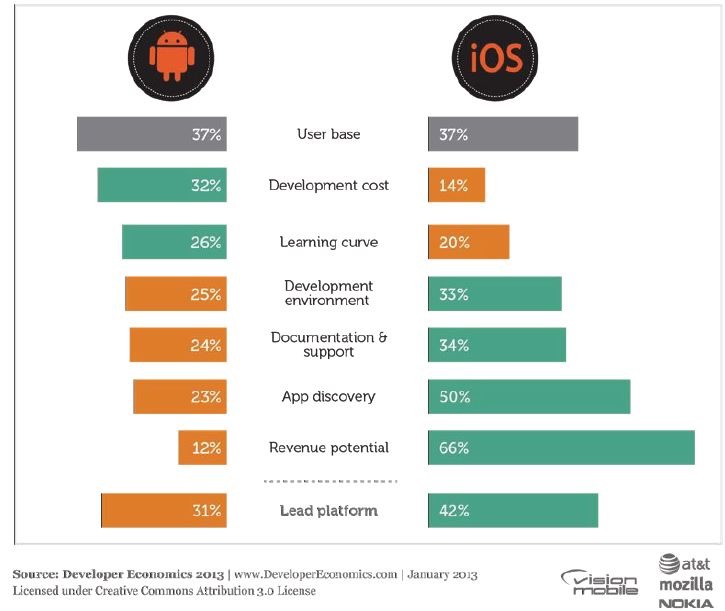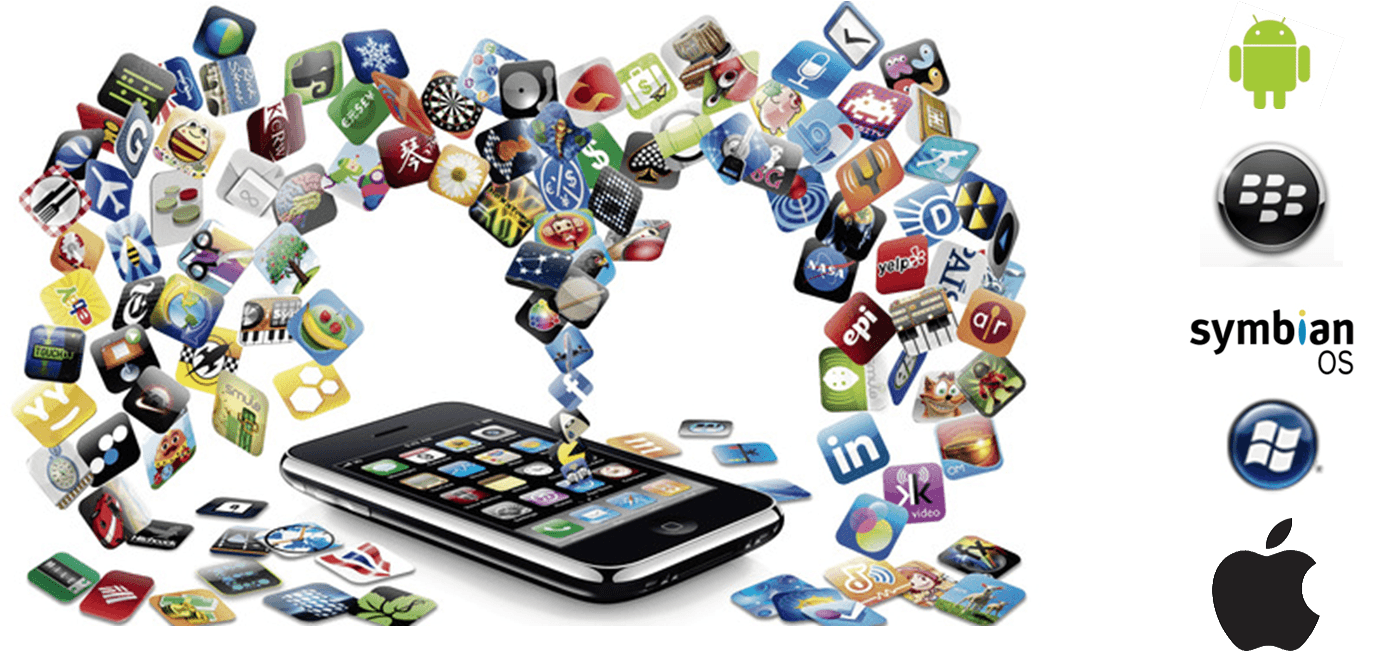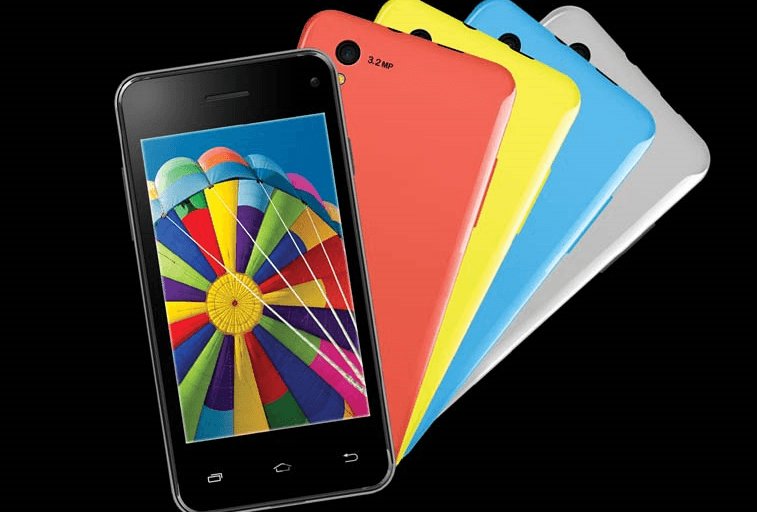The Internet of Things?
The Internet of things, also known as the Internet of objects, refers to the networked interconnection of everyday objects.
The Internet of Things, or IoT, is emerging as the next technology mega-trend, with repercussions across the business spectrum. By connecting to the Internet billions of everyday devices – ranging from fitness bracelets to industrial equipment – the IoT merges the physical and online worlds, opening up a host of new opportunities and challenges for companies, governments and consumers.
– goldmansachs.com

One of the best video which explain IoT very effectively is by
Intel IoT
SEE ALSO:Crash friends whatsapp by sending 200 kb message
How fast is the Internet of Things growing?
2014 is being called the year of Internet of Things; the year when internet connected devices will become mainstream. Internet of Things Keeps Growing Despite Security Concerns, CIA Worries and Tech Battles Over Standards.
other resources :
- internet-of-things-keeps-growing-despite-security-concerns
- internet-of-things-iot-and-big-data-brought-together-in-commercial-use-cases
Mobile app development
:Mobile app development has exploded over the past few years, and it’s no surprise that 2014 looks to be an even bigger year for it. Better technology, better tools, more developers, and better ideas, are contributing to the rapid growth in the industry.

Developing App for Android and IOS :
Most developers are developing for both (although I’m noticing more bleeding edge apps, like Word Lens, pictured above, are only available on iOS), but if you have to pick one, here’s some of the things that will affect your choices.
- iOS has a more monetizeable audience (IE it is more likely to buy apps for a variety of reasons). Notice that Angry Birds shipped first on iOS, where they charged for that, but when they came out on Android they made it free and put advertising in it. This is why Otavio Good, the developer of Word Lens, pictured here, went with iOS for the time being. He charges $10 for the full app. He built his app so the technology can be easily ported to a number of different platforms, but went with iOS first because he’ll get paid. Listen to him at http://scobleizer.com/2011/01/13…
-
iOS is somewhat more fun to develop for because the tools are stronger.

-
There are more Android devices out there, and will probably be many more in the future, so it makes sense to ship on Android first. But, on the iPhone side, Apple users are heavier app and web users than Android users. Sephora, eBay, Starbucks, OpenTable, and other developers tell me that they see more users of their services on iOS, even though the total number of Android devices is higher. This is why VC Fred Wilson says to develop for Android: http://www.avc.com/a_vc/2010/10/… but why developers like Flipboard go iOS first.
-
Android is more open. Swype, for instance, showed me their very cool keyboard, which they were able to ship on Android due to its openness. They showed me it working on iPad/iPhone, but Apple wouldn’t approve their app. So, if you are looking to do something that breaks Apple’s rules, I wouldn’t do it on iOS. (You can listen to Swype’s founders, here: http://scobleizer.com/2010/09/14… ).

source : ( As-a-mobile-apps-developer-on-what-platform-should-I-choose-to-develop-and-why)
The future is mobile :
.jpg)
To remain competitive, it will soon become a necessity for mobile applications to become an integral part of an organisation’s strategy to acquire, engage with, and retain their customers. This will require not only an investment of both time and budget to secure appropriate resources and skilled IT professionals with precise skill sets, but a change in mind-set to that of a ‘mobile enterprise.’
Cloud Computing
In cloud computing, the word cloud (also phrased as “the cloud”) is used as a metaphor for “the Internet,” so the phrase cloud computing means “a type of Internet-based computing,” where different services — such as servers, storage and applications —are delivered to an organization’s computers and devices through the Internet.
Cloud computing is a model for enabling ubiquitous, convenient, on-demand network access to a shared pool of configurable computing resources (e.g., networks, servers, storage, applications, and services) that can be rapidly provisioned and released with minimal management effort or service provider interaction. [1]

What does the future hold for cloud computing ?
Cloud computing is beginning to transform the way enterprises buy and use technology resources, and Cloud computing will become even more prominent in the coming years, with IDC predicting rapid, continued growth of major global cloud data centers.
Some other links which elaborate it better :
- future-cloud-computing-5-predictions
- cloud-computing-s-future–bigger–with-fewer-options
- Red Hat CEO announces a shift from client-server to cloud computing | ZDNet
- Cloud-computing-development-for-beginners
- Google Cloud Computing, Hosting Services & Cloud Support
Some other Resources :
- gartner
- 20-cloud-computing-statistics
- Explosive-growth-cloud
- Big data and cloud computing: Watch out for these unknowns










